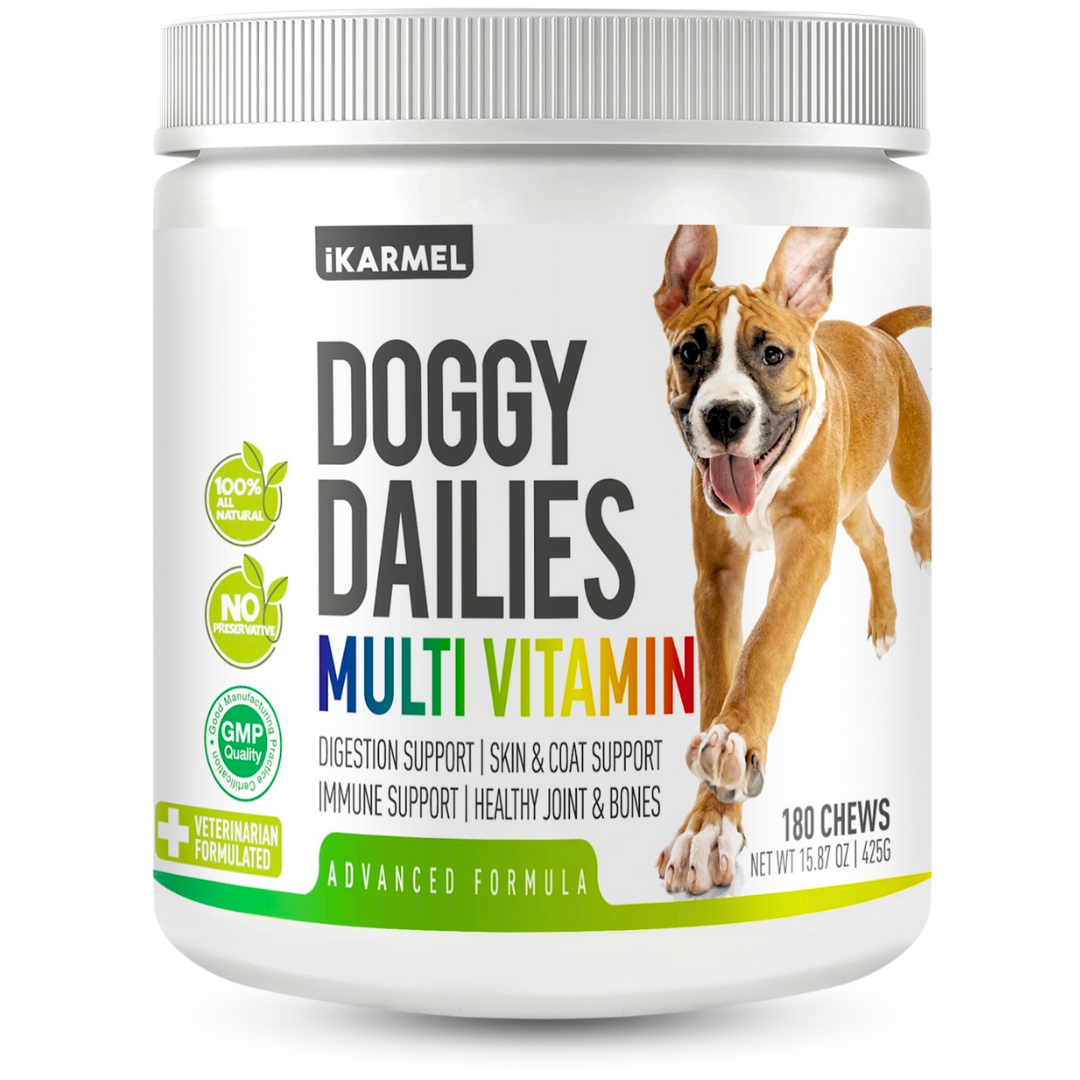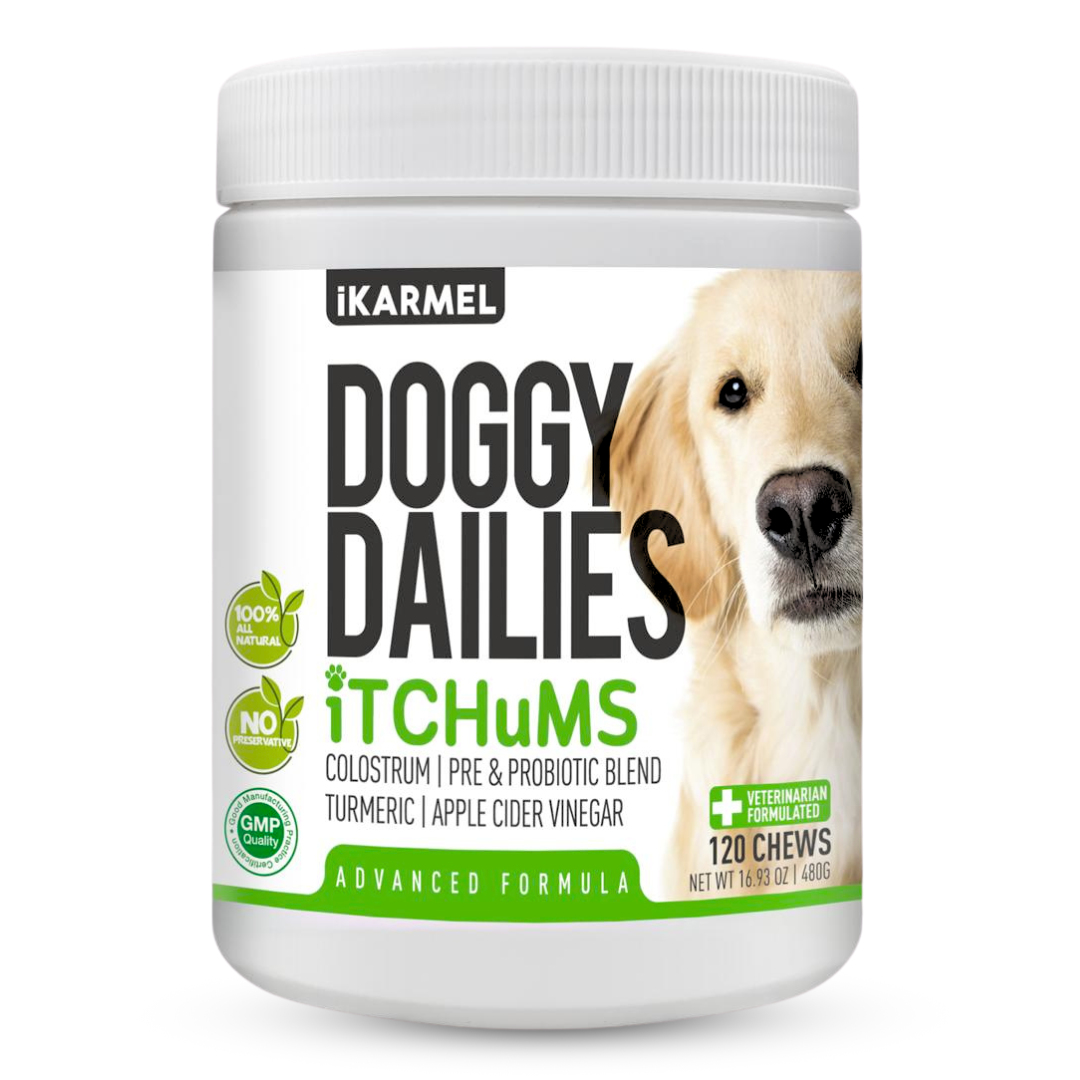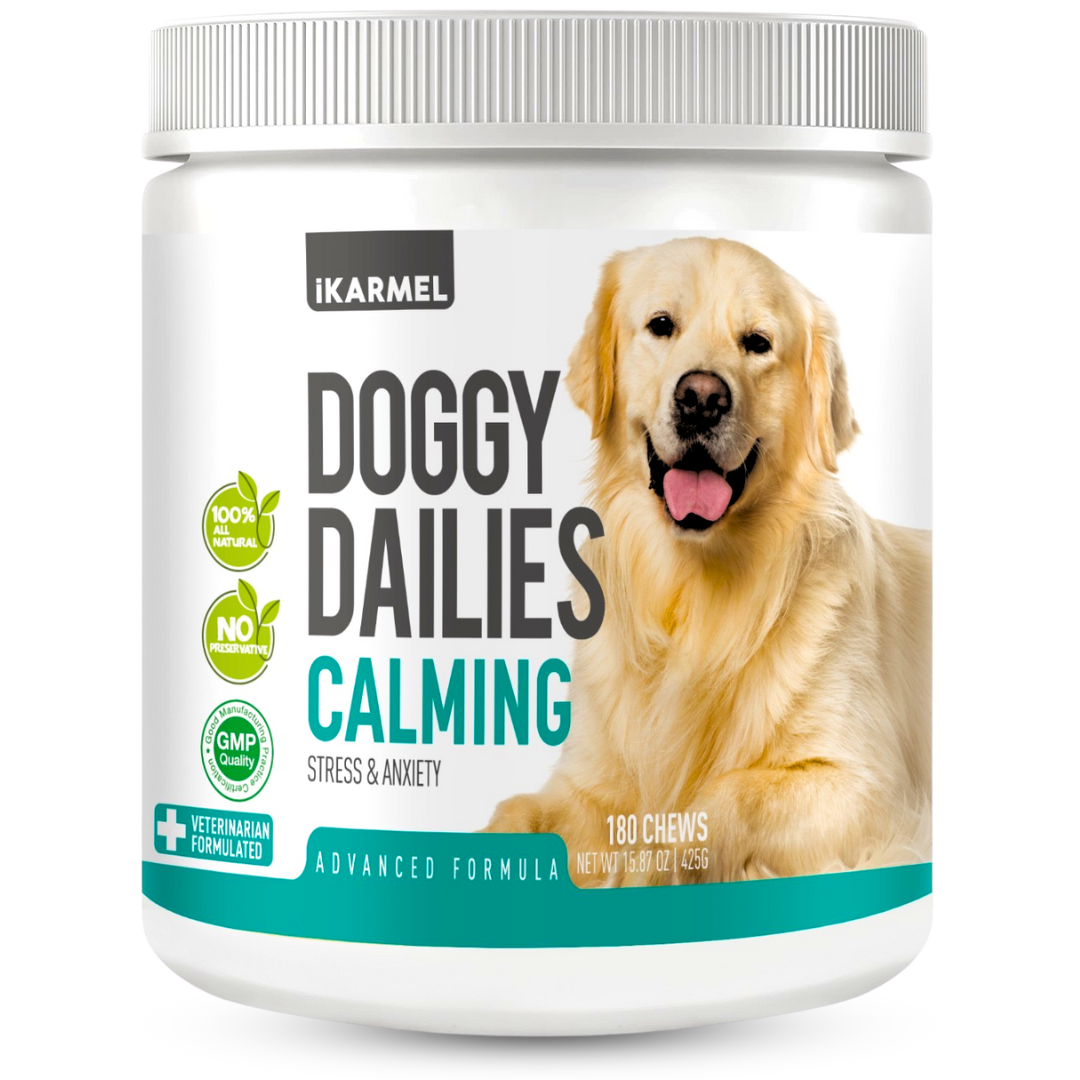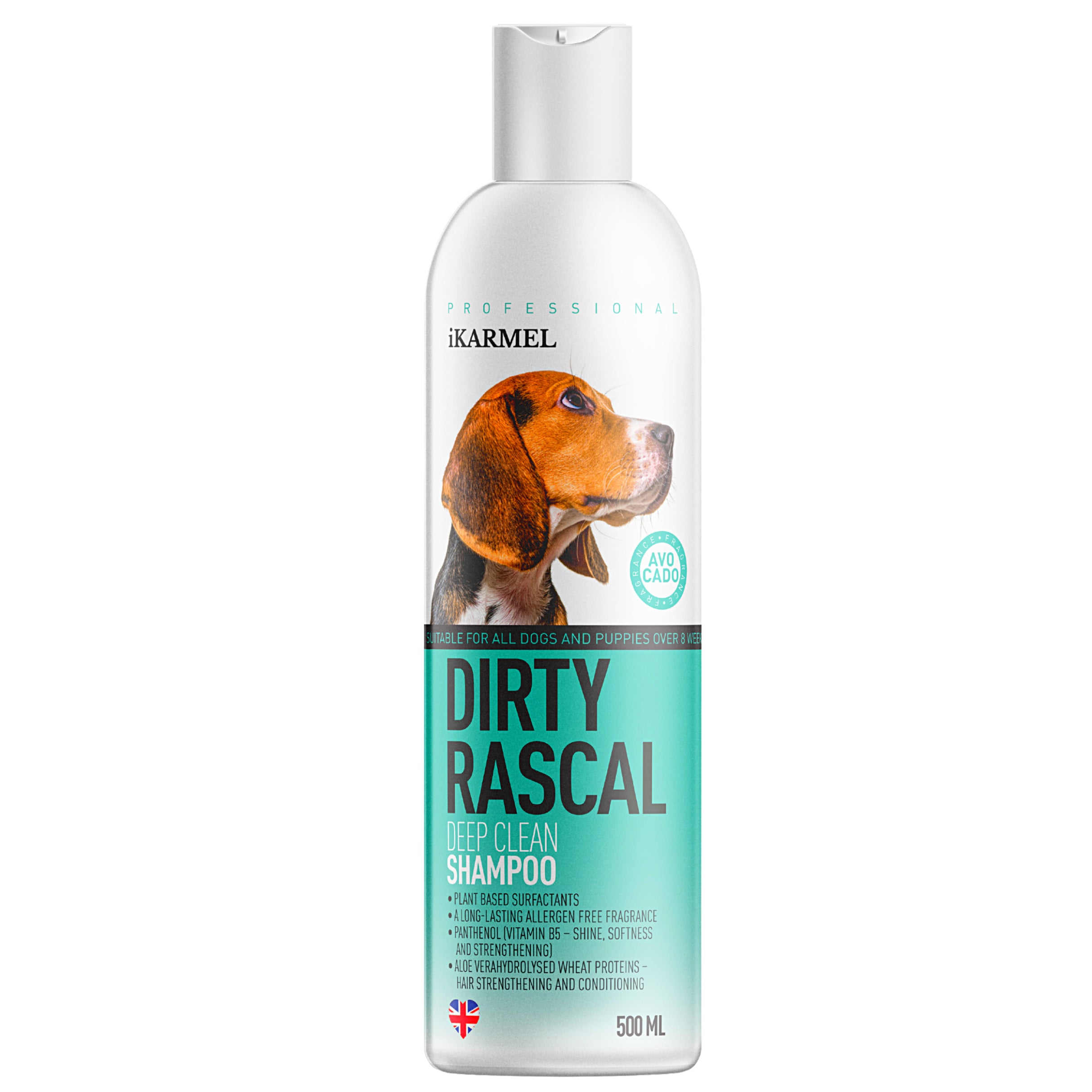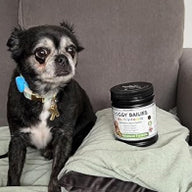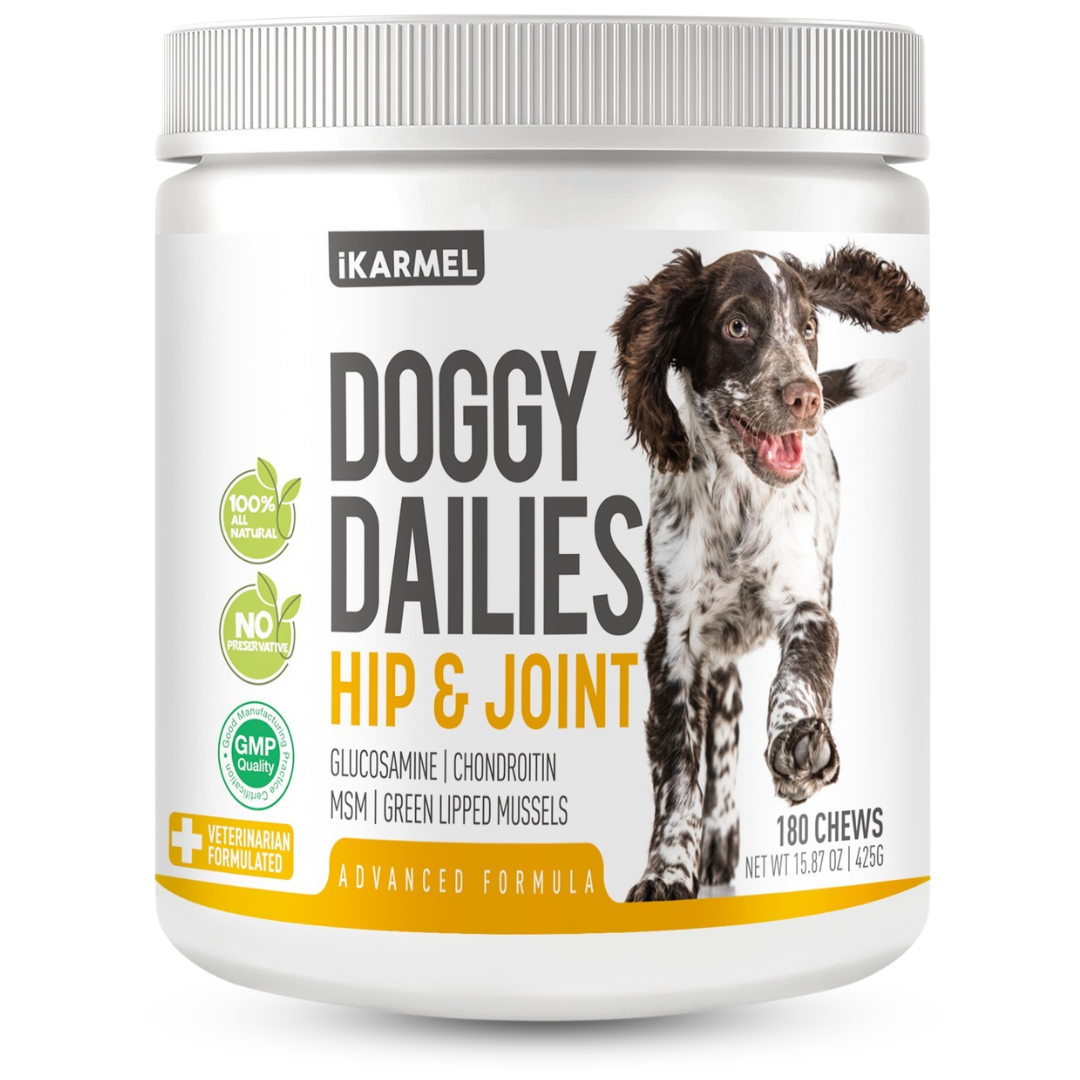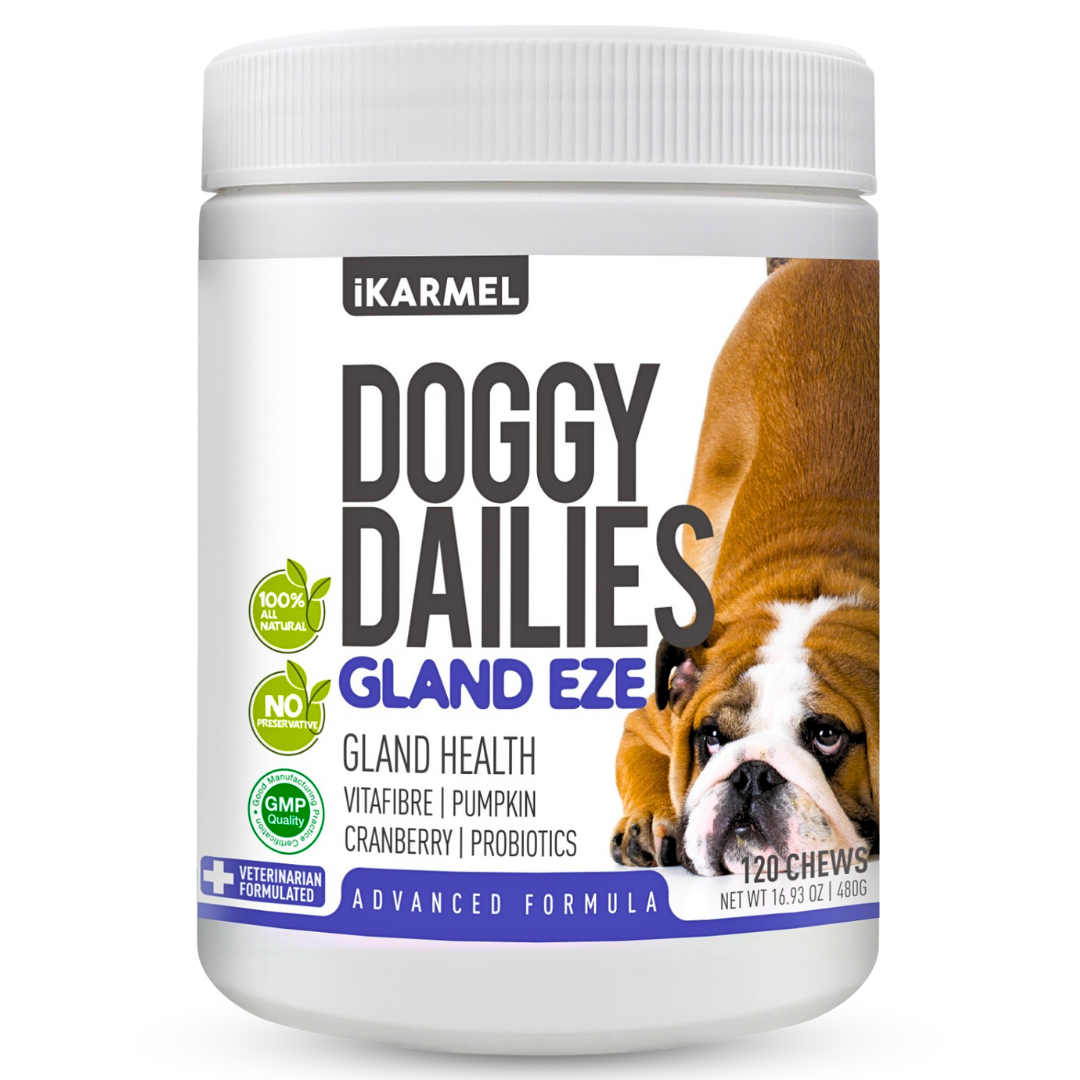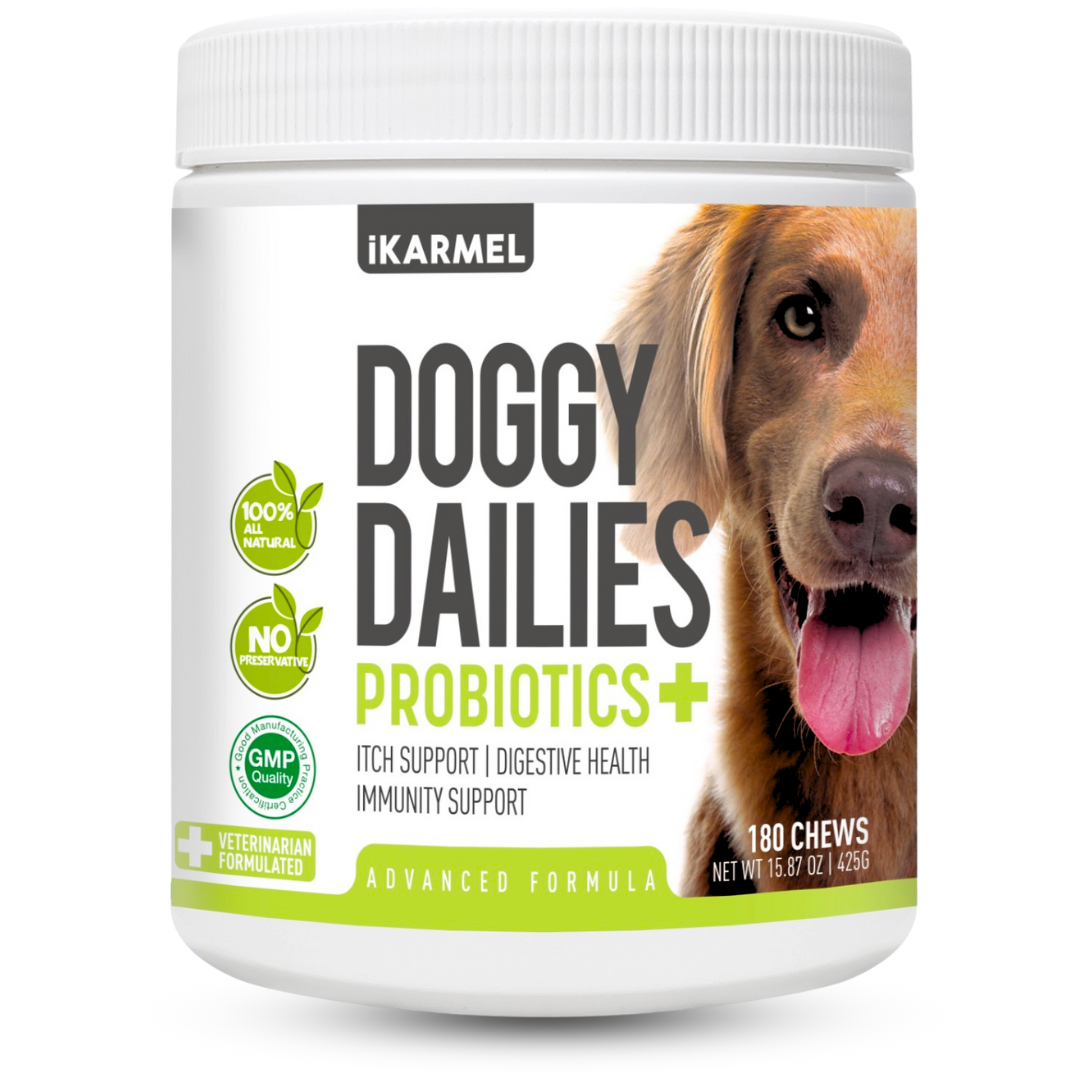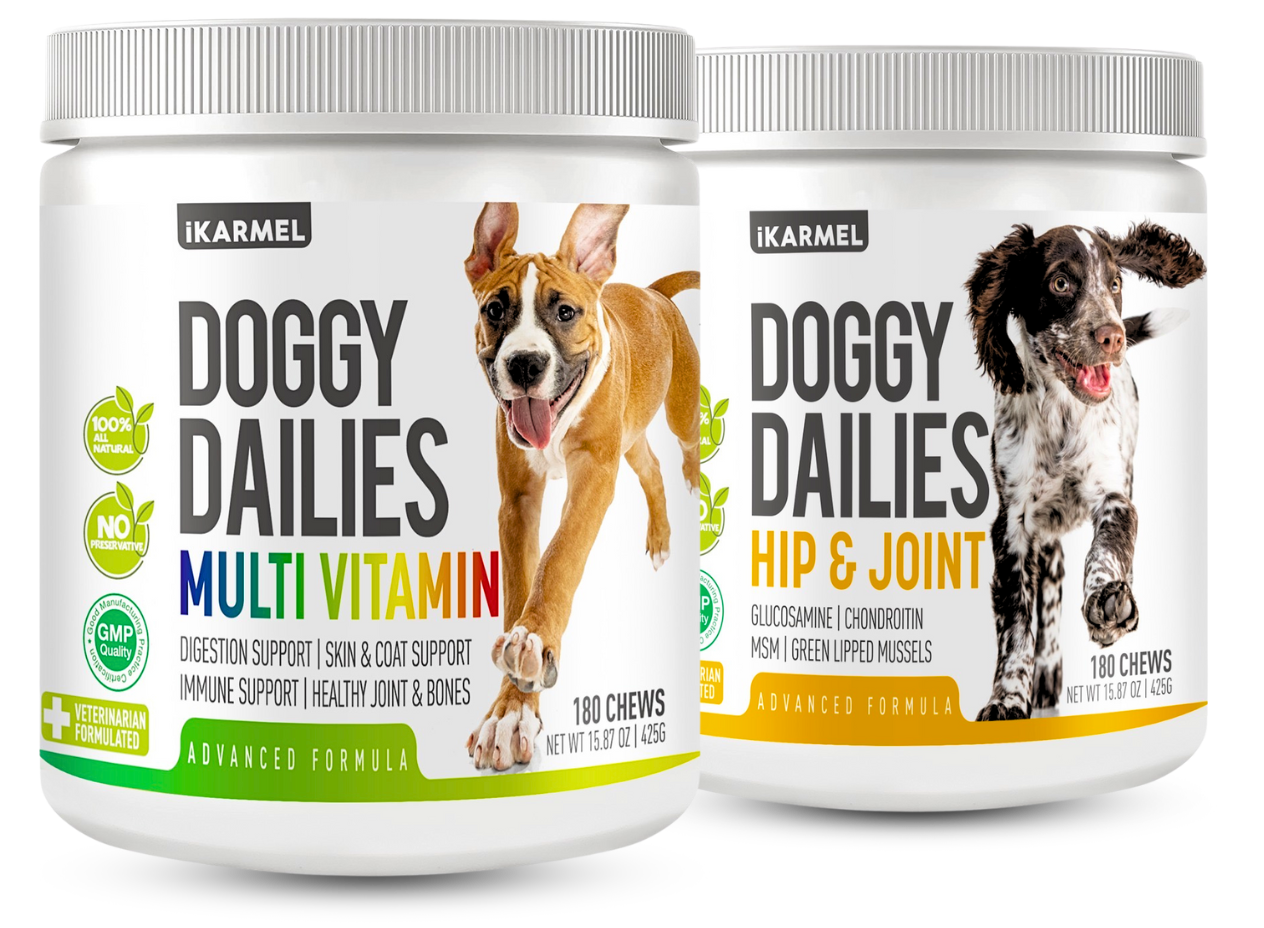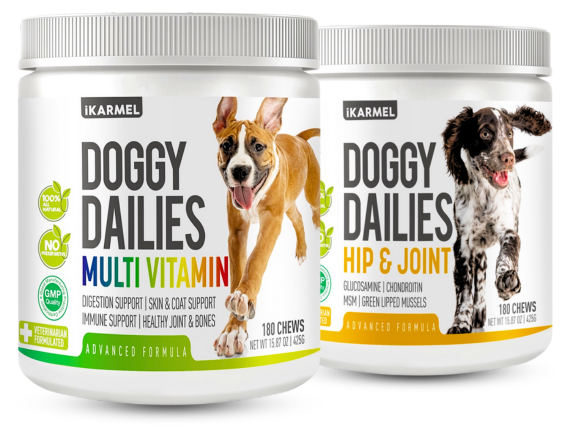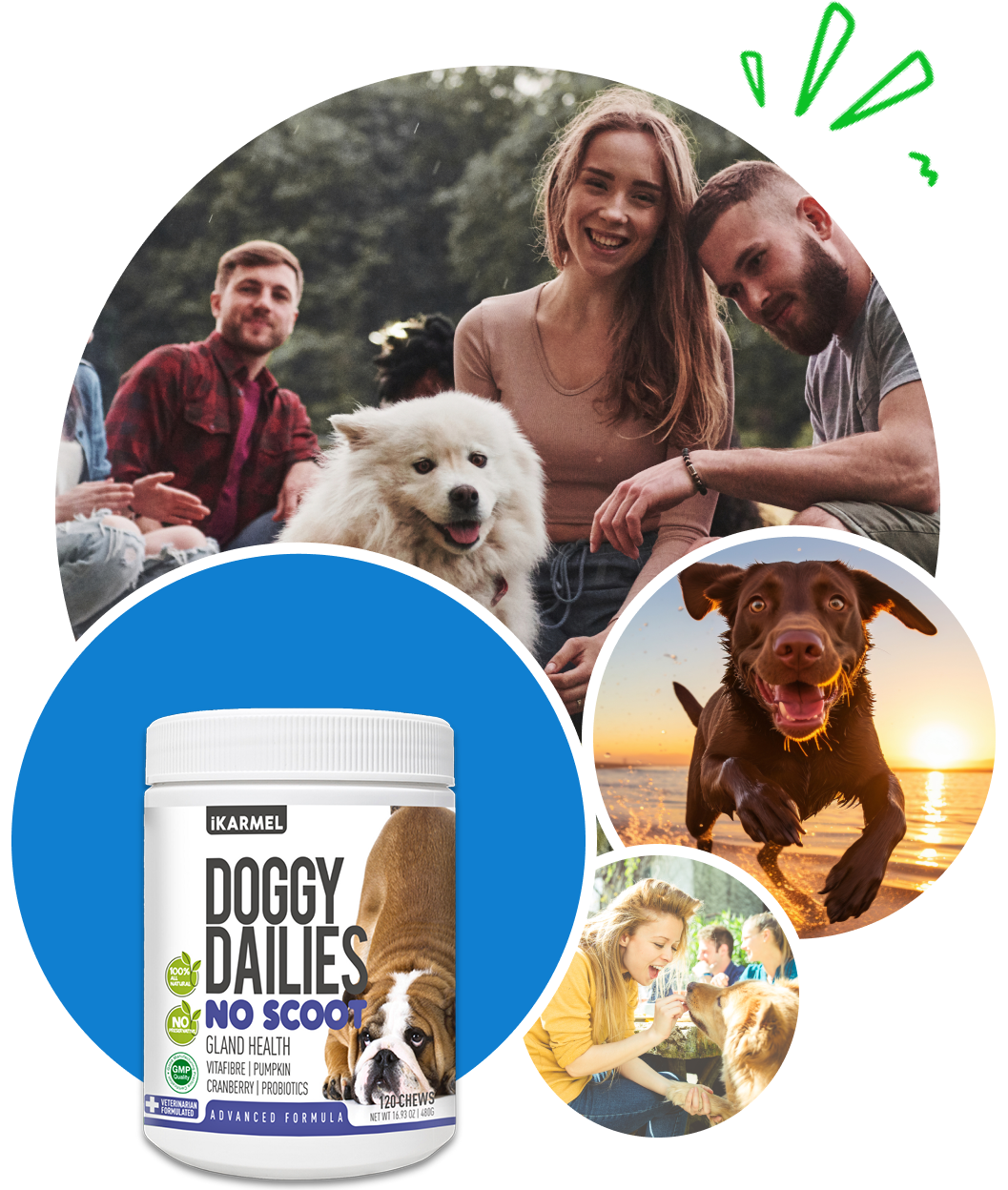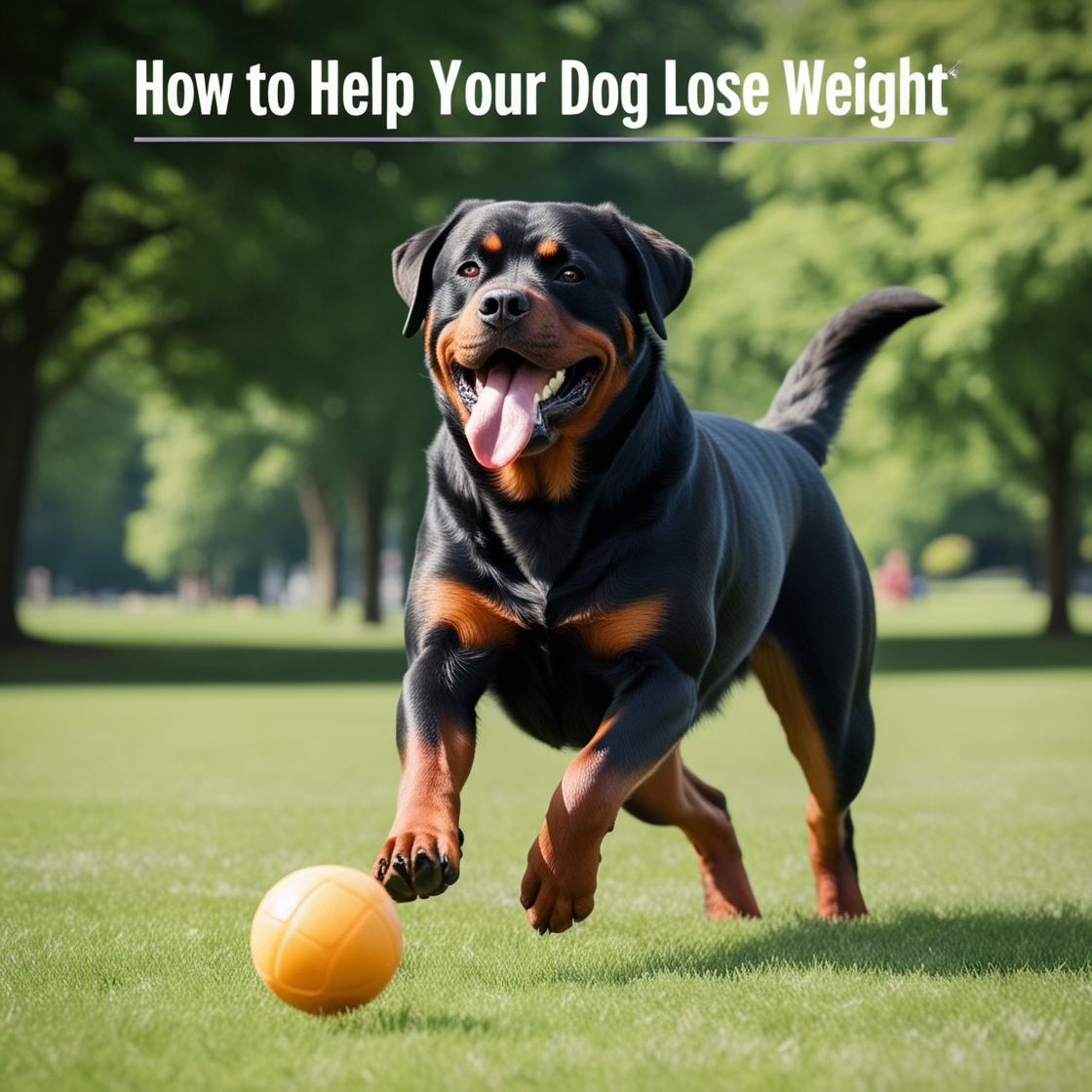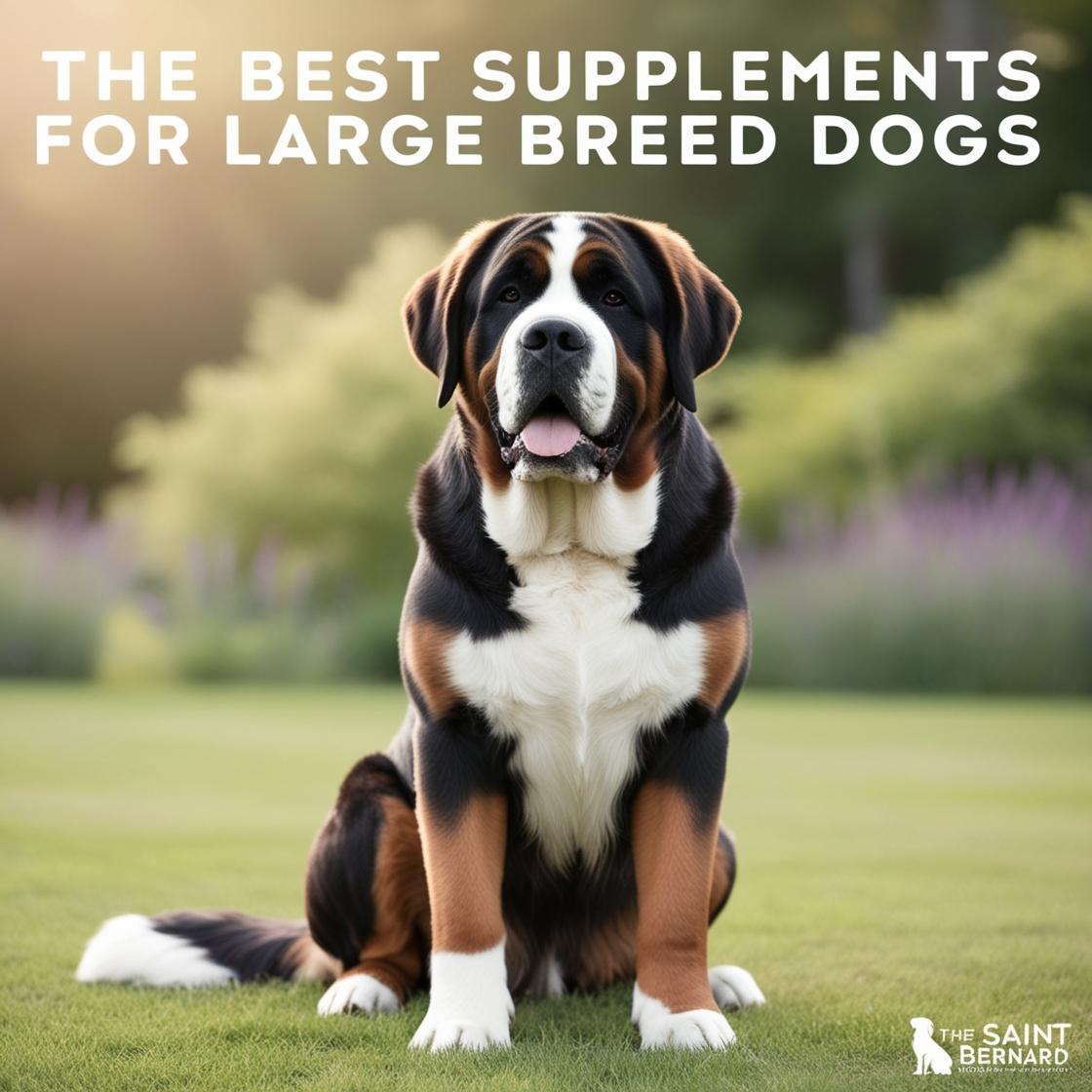The Best Supplements for Small Breed Dogs
Small breed dogs may be tiny in size, but their nutritional needs are just as significant as their larger counterparts. Whether you're the proud parent of a Chihuahua or a Yorkshire Terrier, ensuring they receive proper nutrients is crucial for their health and happiness.
This guide will walk you through the best supplements tailored to small breeds, helping you choose the right options to keep your furry friend at their best.
Why Small-Breed Dogs Need Supplements
While many high-quality dog foods are fortified with essential nutrients, some small dogs need additional support to meet their unique requirements. Here’s why supplements might be necessary for your small-breed pup:
- Finicky Eaters: Small dogs are notorious for picky eating habits, potentially leading to nutritional gaps.
- High Energy Needs: Small breeds often have faster metabolisms and may require extra nutrients to stay energetic and active.
- Lifespan Longevity: With longer lifespans than larger breeds, small dogs benefit from sustained support for joints, heart health, and immunity over time.
- Breed-Specific Concerns: Many small breeds are prone to joint issues, dental problems, or sensitive stomachs, which can benefit from targeted supplementation.

The Best Supplements for Small Breed Dogs
1. Multivitamins for Daily Health
Multivitamins are the all-in-one option for small dogs, ensuring they get essential vitamins and minerals not adequately supplied by regular meals.
Benefits:
- Improves immune function with vitamins A, C, and E
- Strengthens bones with calcium and vitamin D
- Supports healthy skin and coat
Best For: Small breeds with dietary deficiencies or general health support.
Top Product Recommendation: Look for veterinarian-approved options like iKarmel Doggy Dailies Multivitamin 10-in-1, packed with omega-3s, glucosamine, and probiotics.
2. Probiotics for Digestive Health
Small dogs often experience tummy troubles. Probiotics can balance their gut microbiota and promote digestion.
Benefits:
- Regulates digestive health
- Prevents diarrhoea and constipation
- Supports the immune system
Best For: Dogs with food sensitivities, a history of gastrointestinal problems, or after antibiotic treatment.
Top Ingredients to Look For: Probiotic blends that include Lactobacillus acidophilus or Bifidobacterium animals.
3. Omega-3 Fatty Acids for Skin, Coat, and Joints
Omega-3 supplements, derived from fish oil, are essential for maintaining your pooch’s glossy coat and reducing inflammation.
Benefits:
- Keeps skin moisturised and itch-free
- Strengthens coat shine
- Reduces joint inflammation, supporting overall mobility
Best For: Small breeds prone to itchy skin or breed-specific joint issues.
Tip: Consider supplements with krill oil or salmon oil for maximum potency.
4. Glucosamine for Joint Support
Joint health might seem like a problem for larger breeds, but small dogs like Dachshunds can also struggle with joint issues, particularly as they age.
Benefits:
- Promotes cartilage repair and lubrication
- Reduces stiffness and supports flexibility
Best For: Senior small breeds, active pups, or dogs prone to joint issues like patellar luxation.
Key Ingredients: Glucosamine, chondroitin, and MSM are must-haves in joint supplements.
5. Immune System Supplements
Maintaining a strong immune system can help your small dog fend off seasonal illnesses and live a healthier life.
Benefits:
- Boosts the immune response
- Provides antioxidants to fight free radicals
Best For: Dogs exposed to common allergens or seasonal changes.
Suggested Additive: Vitamin C combined with zinc plays a stellar role in immune health.
6. Dental Health Support
Small breeds are prone to dental problems due to their smaller jaws. Dental-focused supplements can help prevent tartar buildup and bad breath.
Benefits:
- Strengthens teeth and gums
- Helps prevent periodontal disease
Best For: Breeds like Chihuahuas or Pomeranians prone to dental issues.
Quick Tip: Choose enzyme-based dental chews or water additives for easy-day use.

How to Choose the Right Supplements for Your Dog
Before introducing a supplement, follow these crucial steps to ensure your pup’s well-being.
- Consult Your Vet: Always speak to your veterinarian to determine if your dog truly needs additional supplementation.
- Check Ingredients: Look for natural, veterinarian-approved supplements free from fillers and artificial additives.
- Adjust by Weight: Small dogs have specific dosing needs. Pick supplements tailored with a dosing chart for small breeds.
- Monitor Results: Note changes in their energy levels, coat condition, and overall health to ensure the supplement is working.
FAQ: Supplements for Small Breed Dogs
1. Do small dogs need supplements if they eat high-quality dog food?
Not always. However, supplements can complement their diet, especially if they have specific health concerns or unique needs.
2. Can I give my dog human supplements?
No, human supplements can include harmful ingredients or doses toxic to dogs. Always use a product designed for pets.
3. What vitamins are essential for dogs?
The most important vitamins include A, C, D, and E, along with essential fatty acids.
4. How do I introduce supplements to my dog’s diet?
Start with a small dose and mix it into their food. Monitor for any adverse reactions over 48 hours.
5. Are there supplements to help with my dog’s anxiety?
Yes, some natural supplements like chamomile or valerian root can ease anxiety. Consult your veterinarian for tailored recommendations.
Choose iKarmel Doggy Dailies for Small Breed Dogs
Investing in high-quality supplements is one of the most proactive steps you can take to ensure your small dog’s health, happiness, and longevity. Whether you’re addressing a specific issue like joint support or just giving an overall boost with a multivitamin, the right products can make all the difference.
If you're ready to elevate your small dog’s wellness, explore premium, vet-approved options today. Visit iKARMEL for more recommendations tailored to your pup!
Don’t wait to help your small dog thrive! [Discover vet-formulated supplements now!]
